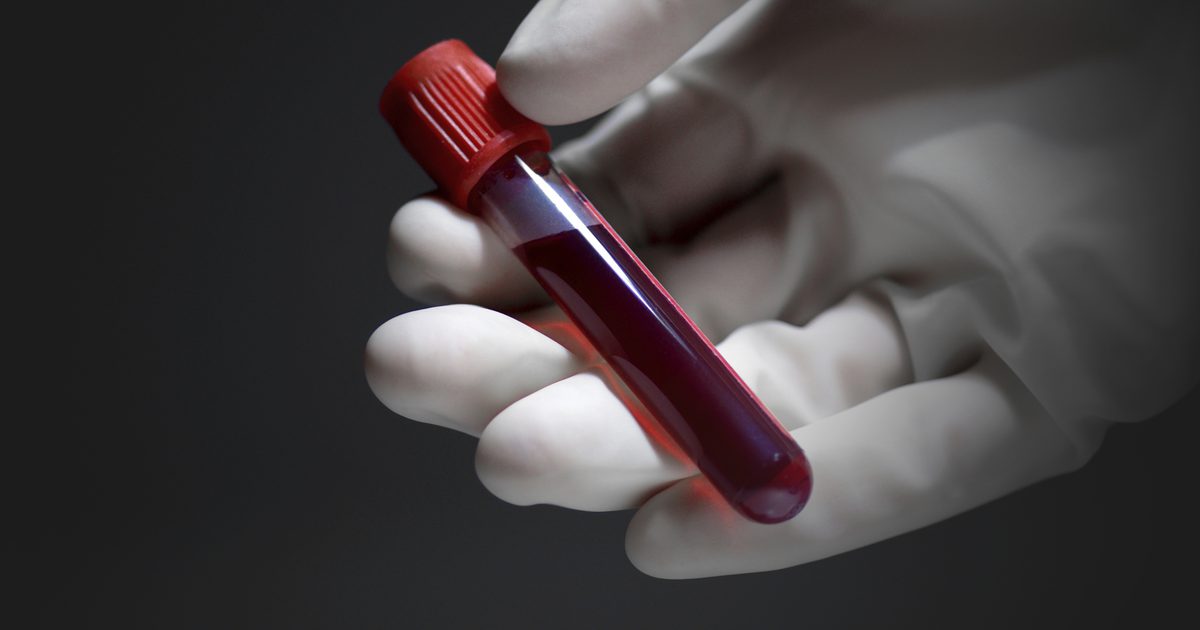What Is Anemia?
What Causes Anemia?

Anemia occurs when there is a shortage of functional red blood cells in an individual's body. Anemia can happen if an individual experiences a significant loss of blood internally or externally. This loss of blood could be through wounds, an injury, menstrual bleeding, cancer, digestive ulcers, and certain medications. The next major cause of anemia is a decreased or impaired production of healthy red blood cells. There are several ways this can happen, including a shortage of a mineral called iron, and when the body is unable to properly absorb vitamin B12, which is required along with iron for the production of healthy red blood cells. Kidney disease is another common cause of anemia because poor functioning kidneys do not secrete a hormone that assists the bone marrow with the production of red blood cells. Sickle cell anemia also causes the bone marrow to produce irregular red blood cells with an altered hemoglobin structure that deems it non-functional. The third main mechanism that causes anemia is when red blood cells are destroyed faster than the body can replace them. Excessive red blood cell breakdown can occur because of an abnormal immune response, infections, venom, toxins, severe hypertension, spleen enlargement, and clotting disorders.
Uncover what can increase an individual's risk of developing anemia now.